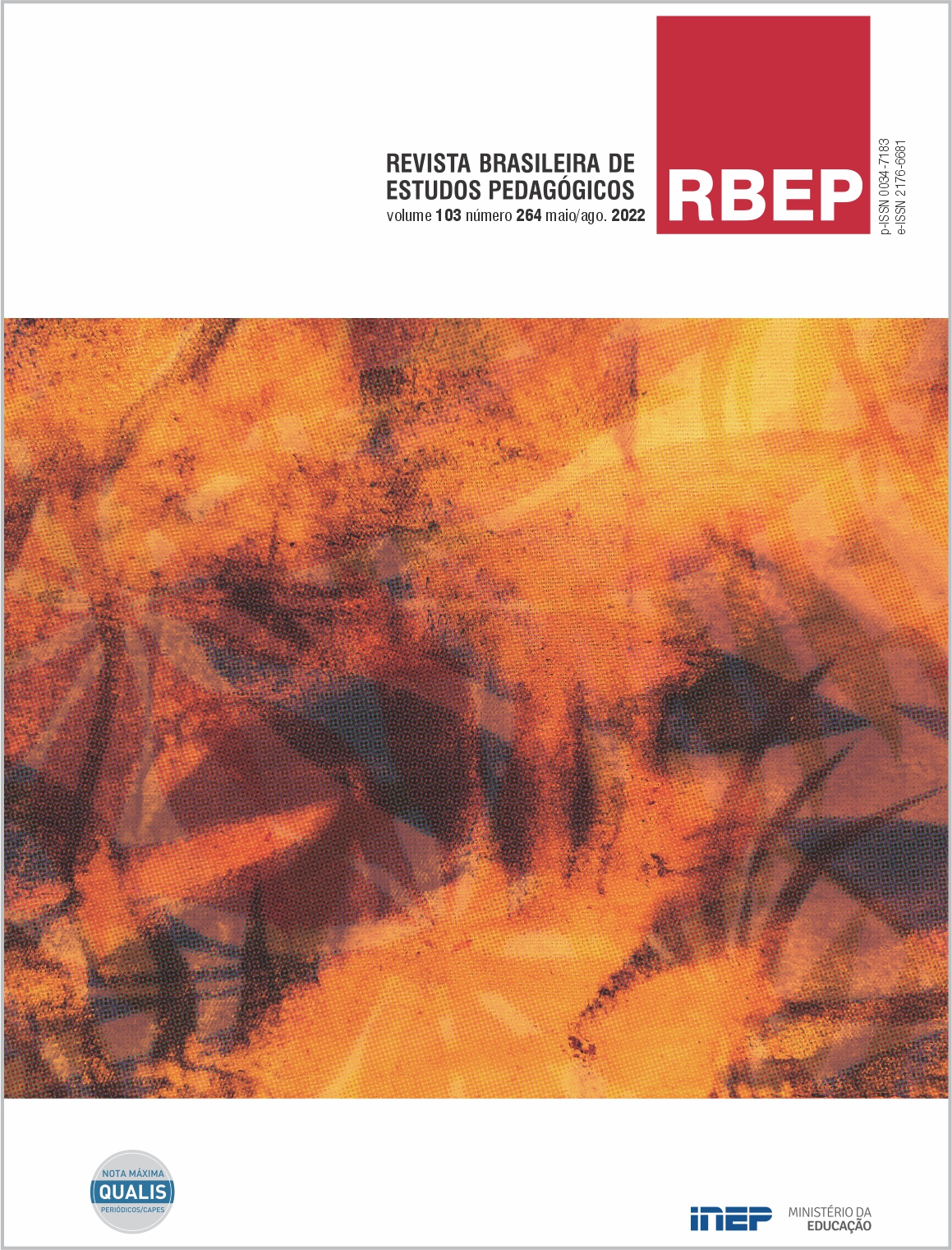Sustainability practices in state schools in Guarapuava (PR)
Abstract
Due to the important role educational institutions play in the citizenship education of individuals and their communities, these institutions are tasked with disseminating good practices of socio-environmental responsibility and sustainable development strategies. This article presents the results of a case study aimed at identifying sustainability practices in the management of state schools in Guarapuava (PR). The parameters were based on the A3P – Environmental Agenda in Public Administration – Social and Environmental Sustainability Model Worksheet. Seventeen state public schools, located in the investigated municipality, formed the sampling of this quantitative-qualitative research. Data were obtained through questionnaires and semi-structured interviews with the directors of the institutions. The results indicate that the schools implement good sustainability practices, aligned with the parameters of the A3P Worksheet, albeit occasional and not continuous practices. One of the difficulties identified with these practices is the delay in the training of directors so that they can lead their institutions in agreement with the complex environmental, social, and economic transformations of contemporary times.
Downloads
Copyright (c) 2022 Brazilian Journal of Pedagogical Studies

This work is licensed under a Creative Commons Attribution 4.0 International License.
Once their work is accepted for publication, author’s copyrights are automatically relinquished to the National Institute for Educational Studies and Research Anísio Teixeira (Inep).
Since 2016, the journal Revista Brasileira de Estudos Pedagógicos (RBEP) uses the licence CC-BY.
Partial or total reproduction of the content of this Journal is permitted provided that the original publication is properly referenced, as well as a link to license CC BY 4.0 and to indicate any possible alterations made to the article.




















